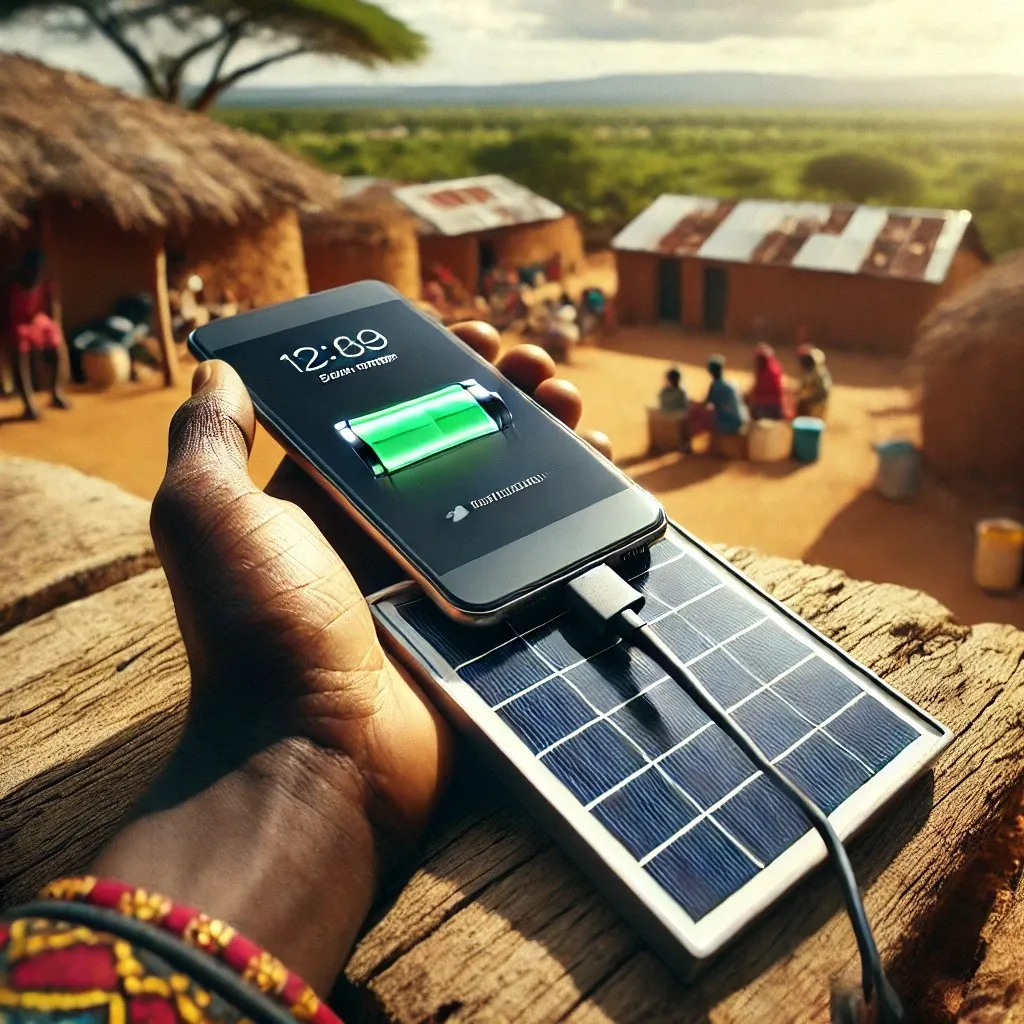Introduction
In recent years, mobile phones have become an essential part of daily life in Africa. As the continent continues to embrace mobile technology, the development and innovation in mobile phone batteries have played a crucial role in enabling widespread connectivity. In a region where reliable access to electricity is often a challenge, advancements in battery technology and alternative charging solutions are making mobile phones more accessible and sustainable.
The Role of Mobile Phones in Africa
Mobile phones have revolutionized communication, banking, education, and healthcare across Africa. They have bridged the gap between urban and rural areas, providing access to essential services in regions that were previously underserved. In bustling markets and remote villages alike, mobile phones are ubiquitous, with a variety of models catering to different needs.

Challenges and Innovations in Battery Technology
One of the biggest challenges for mobile phone users in Africa is maintaining a reliable power supply. In many areas, access to electricity is inconsistent, making it difficult to keep phones charged. This has led to the rise of alternative power solutions, such as solar-powered chargers, which are particularly effective in regions with abundant sunlight.
Innovations in battery technology are also helping to extend the life of mobile phones. High-capacity batteries, energy-efficient designs, and fast-charging capabilities are becoming more common, enabling longer usage times and reducing the frequency of charging. These advancements are crucial in areas where power outages are frequent, and access to electricity is limited.

The Future of Mobile Battery Development in Africa
As mobile phone usage continues to grow in Africa, the demand for reliable and sustainable battery solutions will only increase. The integration of renewable energy sources, such as solar power, with mobile technology is likely to play a significant role in the future. This not only addresses the challenge of inconsistent electricity but also promotes environmental sustainability.
Moreover, local innovations and adaptations to the unique needs of African consumers are expected to drive further advancements in battery technology. These developments will ensure that mobile phones remain a vital tool for communication, business, and social development across the continent.
Conclusion
The development of mobile phone batteries in Africa is a critical aspect of the continent's ongoing technological transformation. By addressing the challenges of inconsistent electricity supply through innovations in battery technology and alternative charging methods, Africa is ensuring that mobile phones continue to be a powerful force for change. As these technologies evolve, they will further empower communities, enhance connectivity, and support sustainable development across the region.



